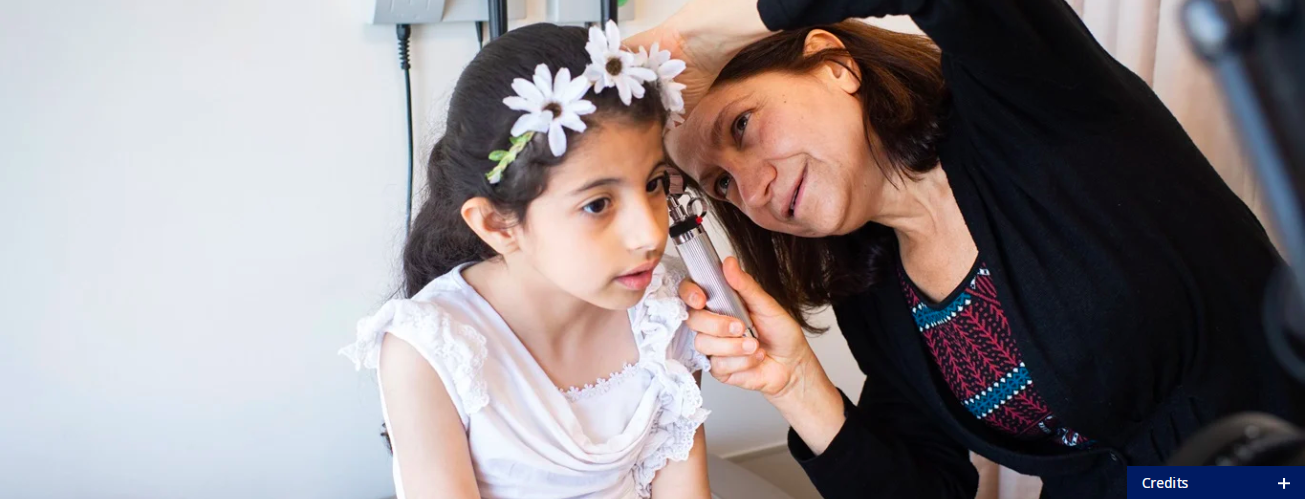As Nigeria intensifies efforts to address critical public health challenges, childhood cancer has increasingly come under the spotlight as a condition requiring urgent national attention. Medical professionals, advocacy groups, and concerned parents are joining voices to call on the government and stakeholders to prioritise awareness, early detection, and improved access to treatment for childhood cancers across the country.
Health experts warn that despite being curable in many cases when detected early, childhood cancer remains a silent crisis in Nigeria due to low public awareness, late diagnosis, and limited specialised care centres. With an estimated 300,000 new cases diagnosed globally each year, Nigeria contributes a significant portion of childhood cancer-related deaths on the African continent, a situation health advocates say is preventable with the right policies and infrastructure.
In a recent forum held to mark the ongoing Childhood Cancer Awareness Month, paediatric oncologists and public health officials stressed the need for increased investment in cancer diagnosis, training of medical personnel, and establishment of more paediatric oncology units in tertiary hospitals nationwide. They also urged the Federal Government to integrate childhood cancer programmes into the National Health Insurance Scheme (NHIS) to ease the financial burden on affected families.
Parents of survivors shared emotional testimonies of the difficulties they faced navigating the health system, from misdiagnoses and delayed referrals to the high cost of chemotherapy and inadequate access to radiotherapy services. These challenges, they said, are compounded by social stigma and a lack of proper information at the community level, often leading to devastating outcomes that could have been avoided.
The Federal Ministry of Health, through its cancer control programme, has acknowledged the urgency of the issue and pledged to scale up awareness campaigns, as well as strengthen partnerships with NGOs and international agencies to improve outcomes for young patients. Officials also hinted at ongoing plans to roll out a national registry for childhood cancers, which will help track cases and improve data-driven interventions.
Medical professionals are calling on state governments to complement federal efforts by launching local awareness drives in schools, religious institutions, and community centres.
They argue that early signs of childhood cancer, such as persistent fever, unexplained weight loss, unusual swellings, and frequent infections, can be spotted early if parents, teachers, and caregivers are adequately informed.
As the campaign for awareness continues, stakeholders agree that tackling childhood cancer should not only be a medical concern but a national commitment that reflects the value Nigeria places on its children’s lives and futures. For a nation with a growing youthful population, the fight against childhood cancer is not just a health mandate, it is a moral responsibility.

